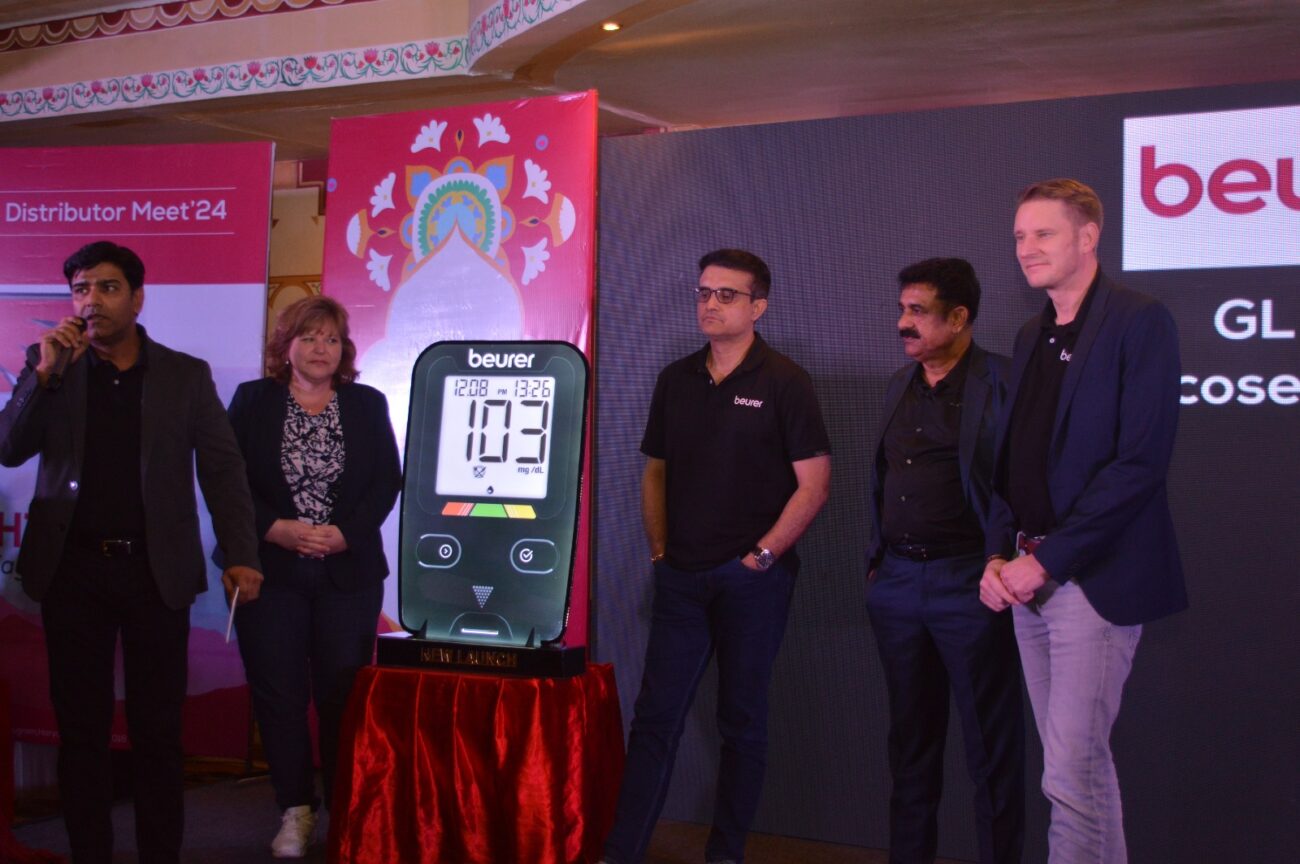Locked Car Anxiety: How to Manage Claustrophobic Episodes
Locked car anxiety, a distressing experience for many, occurs when individuals feel trapped inside a confined vehicle. It would be fine if you knew the locksmith services' prices and phone numbers. Waiting for help, we delve
Locked car anxiety, a distressing experience for many, occurs when individuals feel trapped inside a confined vehicle. It would be fine if you knew the locksmith services’ prices and phone numbers. Waiting for help, we delve into the intricacies of claustrophobia within the context of car travel. Buckle up as we explore practical strategies and expert insights to alleviate this discomfort.
Claustrophobia, an intense fear of enclosed spaces, manifests uniquely in the confines of an automobile. Picture this: you’re stuck in traffic, the windows sealed shut, and panic sets in. Understanding the psychological underpinnings of this anxiety is crucial for effective management.
Common Triggers of Claustrophobic
The triggers vary—cramped backseats, malfunctioning air conditioning, or even the mere thought of being locked in. Our minds amplify these stressors, leading to rapid heartbeats and shallow breaths. But fear not; solutions await. Common triggers include:
-
Tight Spaces: the confined interior of a car can feel suffocating.
-
Locking Mechanisms: the sound of doors locking can heighten feelings of entrapment.
-
Limited Escape Routes: knowing there are a few ways out can increase anxiety.
-
Past Experiences: previous traumatic events in cars can resurface, triggering panic.
Recognizing these triggers can help in developing strategies to cope with them and save mental health. When panic strikes, focus on your breath. Inhale deeply, exhale slowly. Distraction helps, too—hum a tune or count the passing cars. Remember, you’re not alone; millions face this challenge daily. Managing claustrophobia involves long-term strategies:
-
Therapy: cognitive-behavioral therapy (CBT) can help change negative thought patterns.
-
Medication: in some cases, doctors may prescribe medication to manage anxiety.
-
Exposure Therapy: gradually exposing yourself to confined spaces can reduce fear over time.
The Role of Deep Breathing in Reducing Anxiety
Breathe in courage, exhale fear. Deep, deliberate breaths calm the storm within. Imagine oxygen flooding your cells, dissolving panic molecules. You’re resilient; your breath proves it. Embrace mindfulness. Observe sensations—the cool steering wheel, the hum of the engine. Ground yourself in the present. Claustrophobia loses its grip when you’re anchored here. Staying calm in a locked car can prevent a full-blown panic attack:
-
Stay Busy: engage in an activity like listening to music or playing a game.
-
Talk to Someone: call a friend or family member to distract yourself.
-
Keep Windows Open: fresh air can help you feel less confined.
Forewarned is forearmed. Choose spacious vehicles, crack windows, and play soothing music. Educate loved ones about your struggle; they’ll empathize and support you.
When to Call a Locksmith Service
Enter the locksmith service—a beacon of hope. These skilled professionals swiftly unlock doors, restoring freedom. Keep their number handy; it’s your escape route from claustrophobia-induced panic.
Beyond immediate relief, consider gradual exposure therapy. Spend time in parked cars, acclimating your mind. Visualization techniques and positive affirmations also work wonders.
Picture this: keys dangling mockingly, locked inside. Panic surges. Dial your trusted locksmith. They arrive, tools in hand, like modern-day heroes. Claustrophobia retreats. Preparedness matters. Save their number; it’s your lifeline. Whether lost keys or jammed locks, they’ll rescue you. Trust forged in metal and empathy. Modern locksmith services use advanced tools and techniques to ensure:
-
Non-Damaging Entry: they can unlock your car without causing damage.
-
Fast Response: many services guarantee quick arrival times.
-
Professional Expertise: trained locksmiths handle your situation with care and precision.
Final words
Visualize wide-open spaces and feel the breeze. Your mind transcends metal and glass. Practice progressive muscle relaxation; tension dissipates. You’re the architect of calm.
Managing locked car anxiety and claustrophobic episodes involves understanding triggers, practicing immediate coping strategies, and seeking professional help when necessary. Incorporating long-term strategies like therapy and mindfulness, which are described on ResearchGate, and having a trusted locksmith service on speed dial can significantly reduce anxiety. With these tools, you can take control and prevent claustrophobic episodes from overwhelming you.






